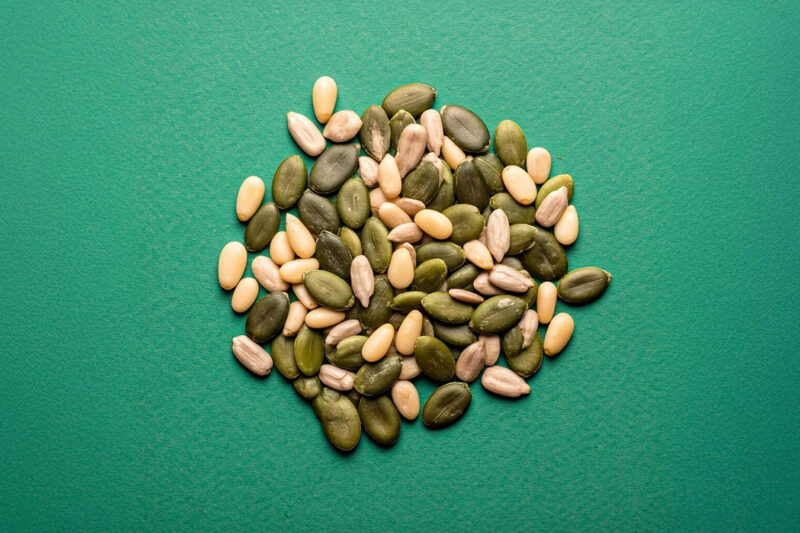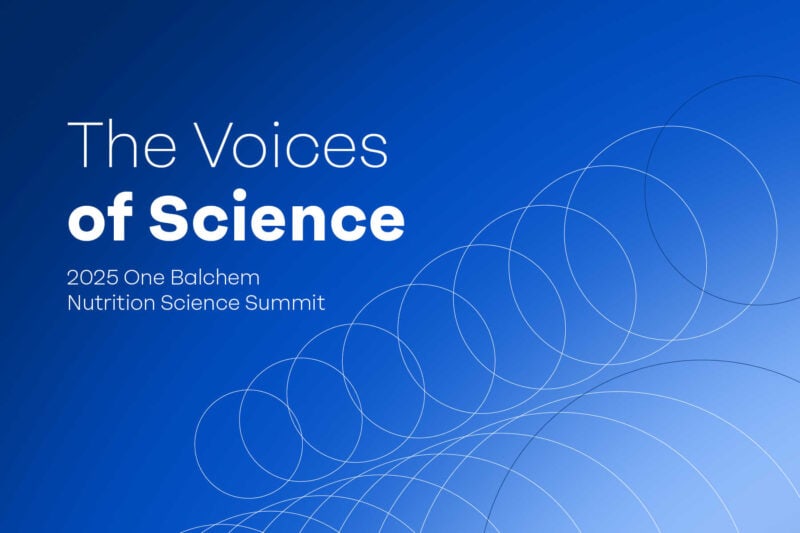
Immune Health.
At Balchem, we are pioneers in the research and development of essential vitamins and minerals that support immune health – including zinc, iron, folate, selenium and copper.
We can help you leverage the power of these ingredients to create cutting-edge immune support solutions.

Harness the Power of Nutrition for Advanced Immune Support
For our immune system to help us, we have to help it. And to help our immune system function optimally, we need to take a multifaceted approach, with proper nutrition playing a central role.
Key Ingredients for Strong Immunity
Minerals are essential for immune health. Zinc, for example, plays an important role in the body’s defense mechanisms, from supporting immune cell development to protecting cells against harmful oxidative stress.1,2 Iron helps to support immune health, while folate is integral for immune cell proliferation. Selenium plays a vital role in the antioxidant host defense system and copper is involved in immune system function.












